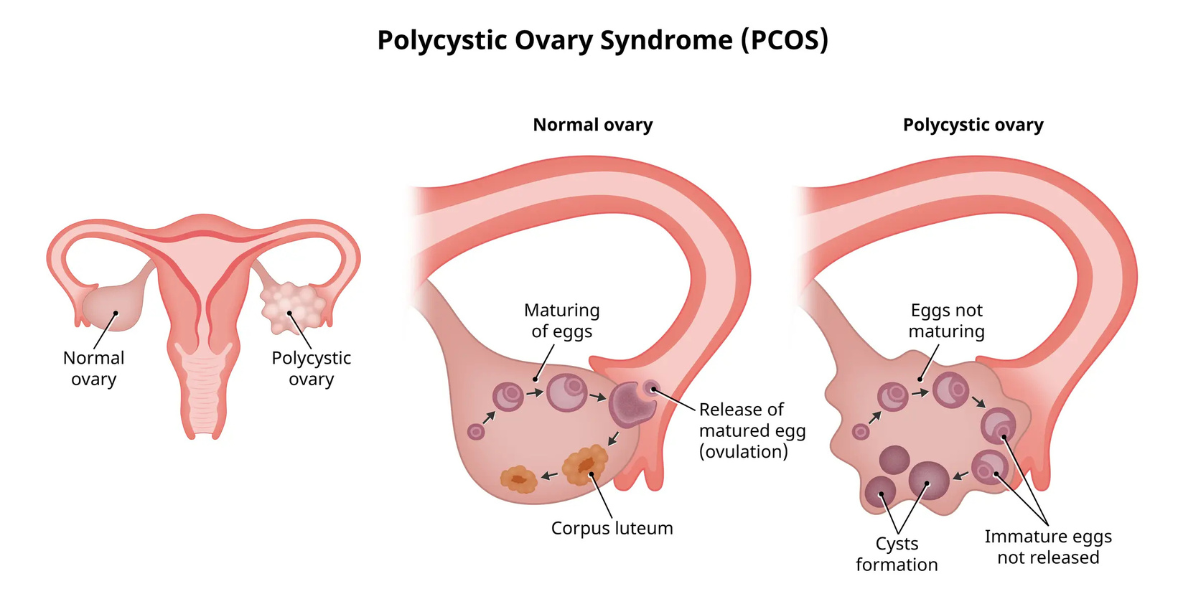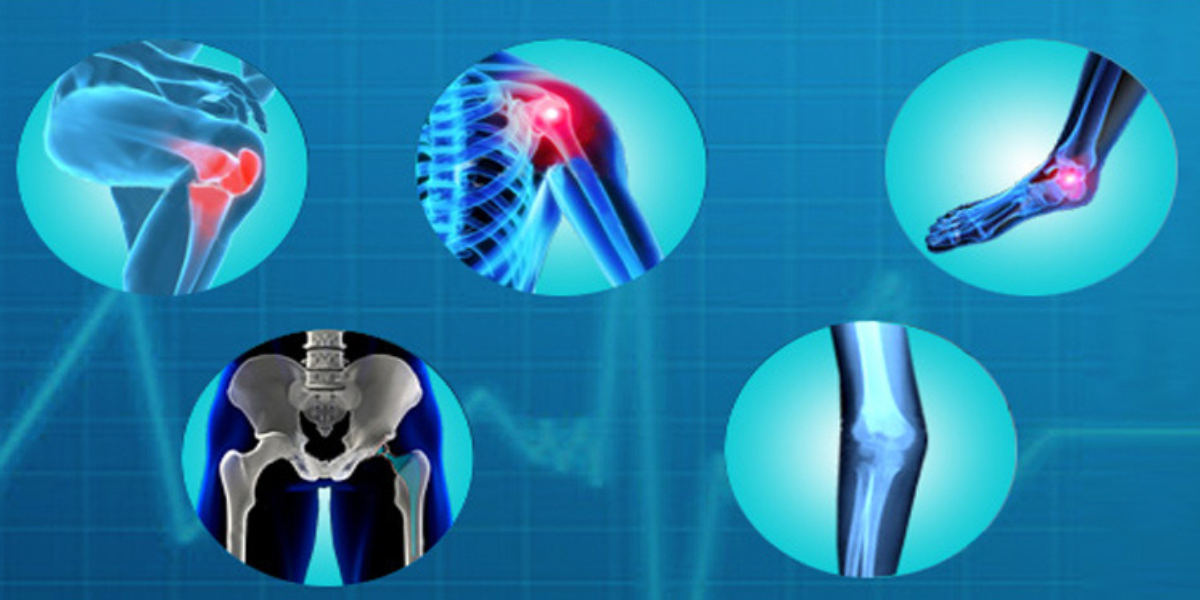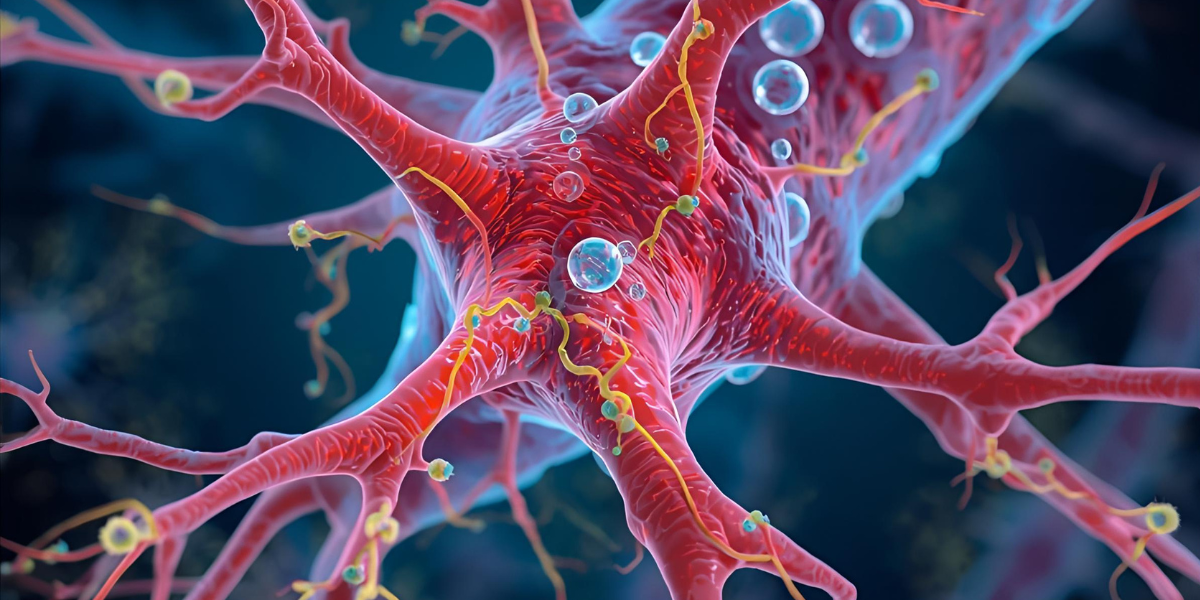
Early Signs of Nerve Damage You Shouldn’t Ignore
Your nervous system is the body’s communication highway, controlling everything from movement to sensation. When nerves become damaged, the effects can be subtle at first but worsen over time if left untreated. Recognizing the early warning signs of nerve damage can help you take action before it leads to serious complications. Let’s now understand the various symptoms of nerve damage, you shouldn’t ignore.
1. Numbness and Tingling
A persistent “pins and needles” sensation, especially in your hands, feet, arms, or legs, can be an early indicator of nerve dysfunction. If it happens occasionally due to poor circulation (like sitting in one position for too long), it’s usually harmless. But if numbness or tingling occurs frequently and without an obvious cause, it could be a sign of nerve damage.
2. Burning or Sharp Pain
Unexplained burning, shooting, or electric shock-like pain can be a hallmark of nerve damage. This type of pain often worsens at night and can make daily activities difficult. If you experience persistent nerve pain, it’s important to seek medical advice.
3. Muscle Weakness or Loss of Coordination
Nerve damage can interfere with muscle control, leading to weakness in the arms or legs, trouble gripping objects, or difficulty walking or frequent stumbling. If you notice a sudden loss of coordination, it may be a sign that the nerves controlling your muscles are impaired.
4. Increased Sensitivity to Touch
A condition called allodynia causes pain from stimuli that wouldn’t normally hurt—such as the touch of clothing or a light breeze. If your skin becomes overly sensitive, it could be due to nerve dysfunction.
5. Unexplained Digestive Issues
Nerves also regulate digestion. If they are damaged, you might experience constipation or diarrhea, bloating and indigestion, difficulty swallowing. This is particularly common in people with autonomic neuropathy, where the nerves controlling involuntary functions are affected.
6. Excessive or Reduced Sweating
Nerves help regulate body temperature by controlling sweat glands. If you suddenly sweat too much or too little, it could indicate nerve damage affecting the autonomic nervous system.
Conclusion
Your nervous system plays a crucial role in your overall health. Catching nerve damage in its early stages can help prevent irreversible damage and improve quality of life. If you’re experiencing any of the above symptoms, then you must consult a healthcare professional to identify the cause and begin appropriate treatment.






